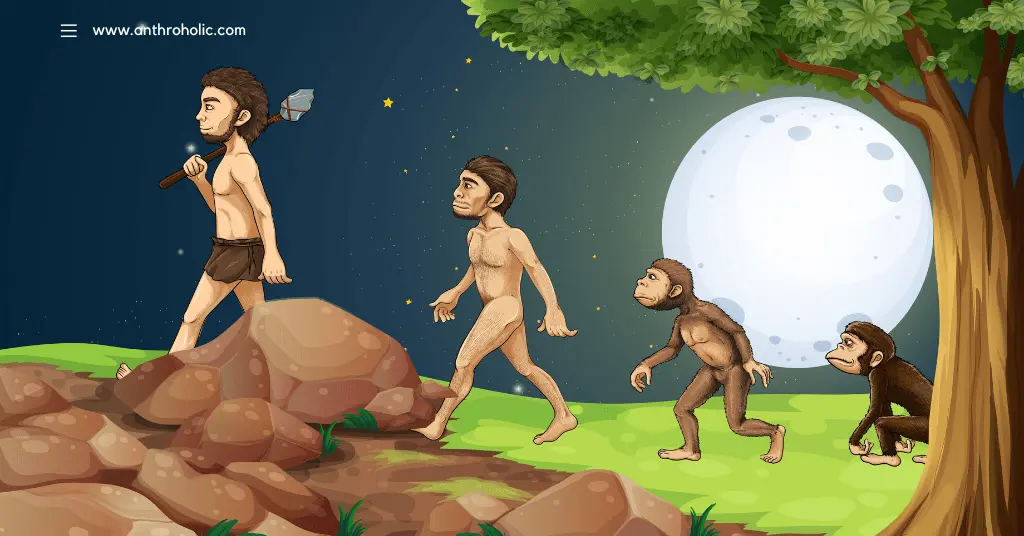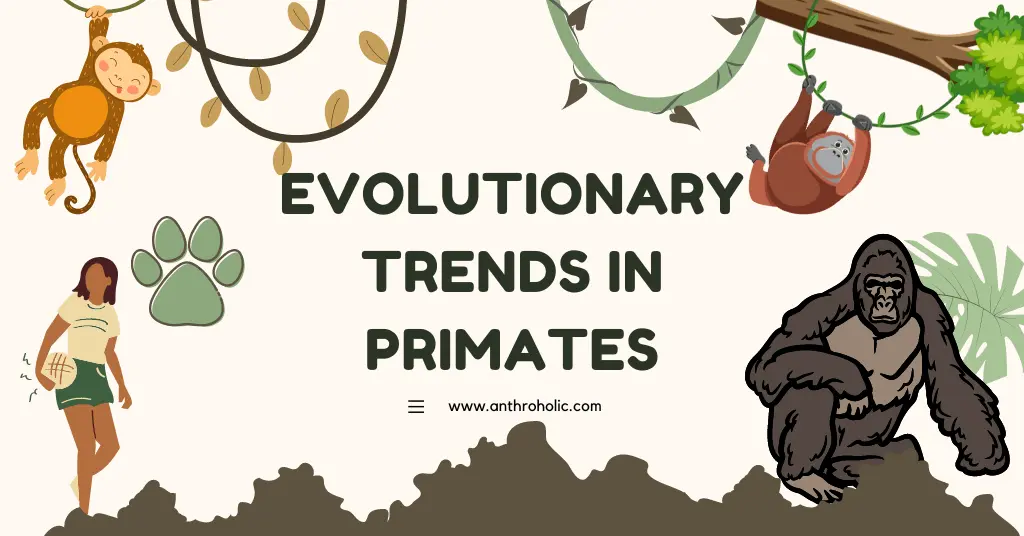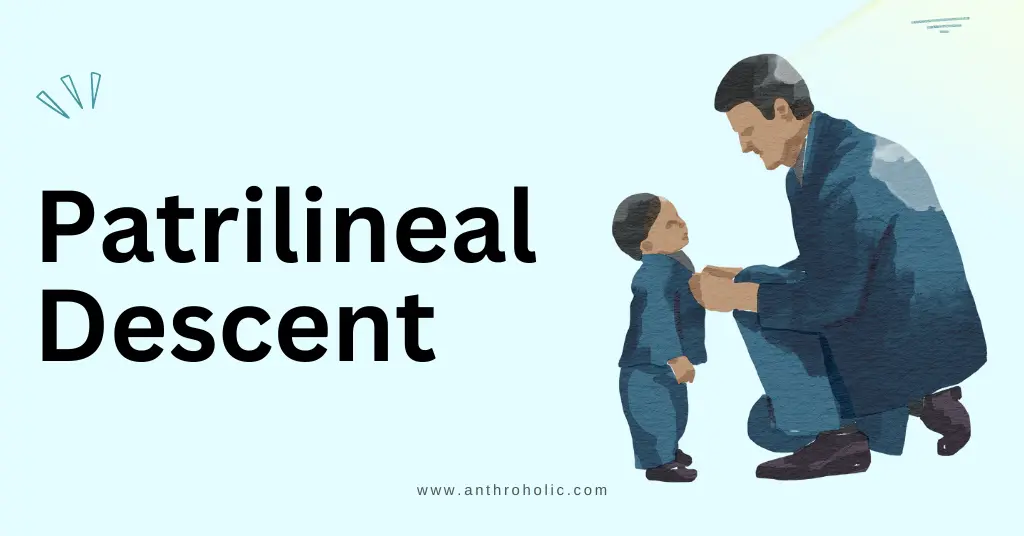AI Answer Evaluation Platform Live Now. Try Free Answer Evaluation Now

Primate Adaptations
The adaptive strategies employed by different primate species, particularly in arboreal and terrestrial environments, are of critical interest.
+91-7303290503, +91-9557169661 | MON to SUN 10:00 AM - 6:00 PM
The UPSC IAS Exam is a highly competitive examination conducted by the Union Public Service Commission (UPSC) to select candidates for the Indian Administrative Service (IAS), Indian Police Service (IPS), and other civil services in India. This category covers the exam syllabus, pattern, and preparation strategies, as well as the eligibility criteria and selection process. From understanding the exam requirements to learning the tips and tricks for success, this category provides comprehensive information on the UPSC IAS Exam.

The adaptive strategies employed by different primate species, particularly in arboreal and terrestrial environments, are of critical interest.

Dive into the intricate world of primate taxonomy and unravel the evolutionary relationships among our diverse and intelligent relatives, from lemurs and monkeys to apes and humans.

Human evolution is a broad field of study that explores the biological evolution of Homo sapiens and our close ancestors, dating from the time our lineage diverged from that of chimpanzees, about six to seven million years ago.

This anthropological article explores the evolutionary trends in primates, focusing on their remarkable adaptive strategies and the diverse array of species that have emerged over millions of years.

Patrilineal descent is a social organizational system predicated on the tracing of kinship through the male line. As one of the most dominant forms of descent systems globally, it has a wide-ranging influence on societal organization and culture.

Ambilineal descent, also termed as bilateral or cognatic descent, signifies a descent system in various cultures wherein an individual's kinship and lineage are traced and determined through either the father's or mother's line.

Matrilineal descent refers to a system of kinship in which ancestral lineage and inheritance are traced through the female line.

Bilateral descent, also known as cognatic descent, is a type of kinship system where an individual belongs equally to the father's and mother's lineages

The study of living major primates, a distinct and diverse group of mammals that includes humans, non-human apes, monkeys, and prosimians, provides a deep and comprehensive perspective on evolutionary biology, anthropology, and conservation ecology.

Understanding humanity's biological and cultural evolution necessitates studying the concept of descent, a core notion in the field of anthropology. It represents a social rule that delineates the line through which kinship, inheritance, and social status are traced.

Kinship terminology refers to the systems of classifying and naming familial relationships within a given society. It plays a crucial role in anthropological studies, as it provides insights into the ways in which societies structure and perceive kinship.

Explore various types of kinship, comprehend familial relationships, and learn how these bonds shape human societies across cultures in our enlightening article.